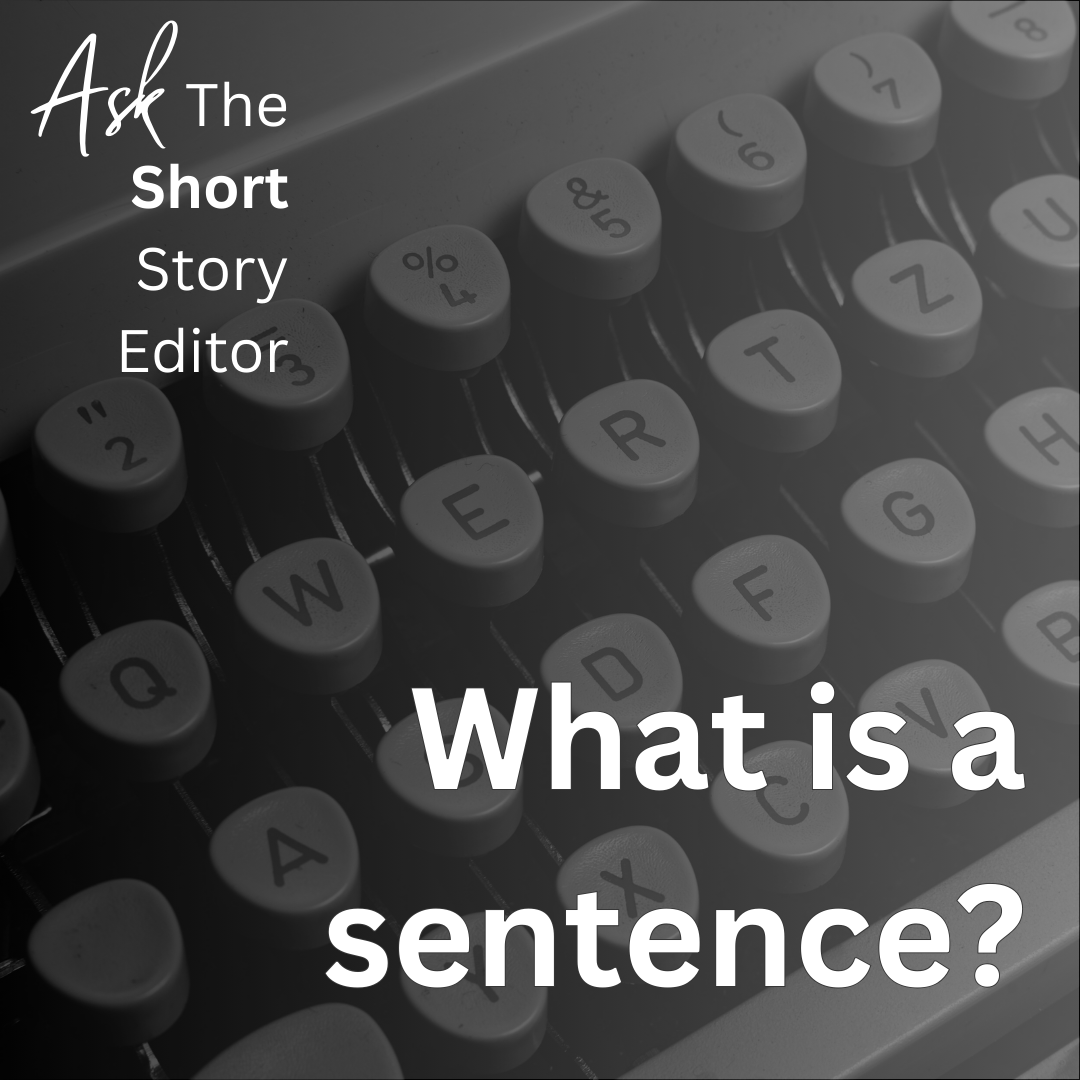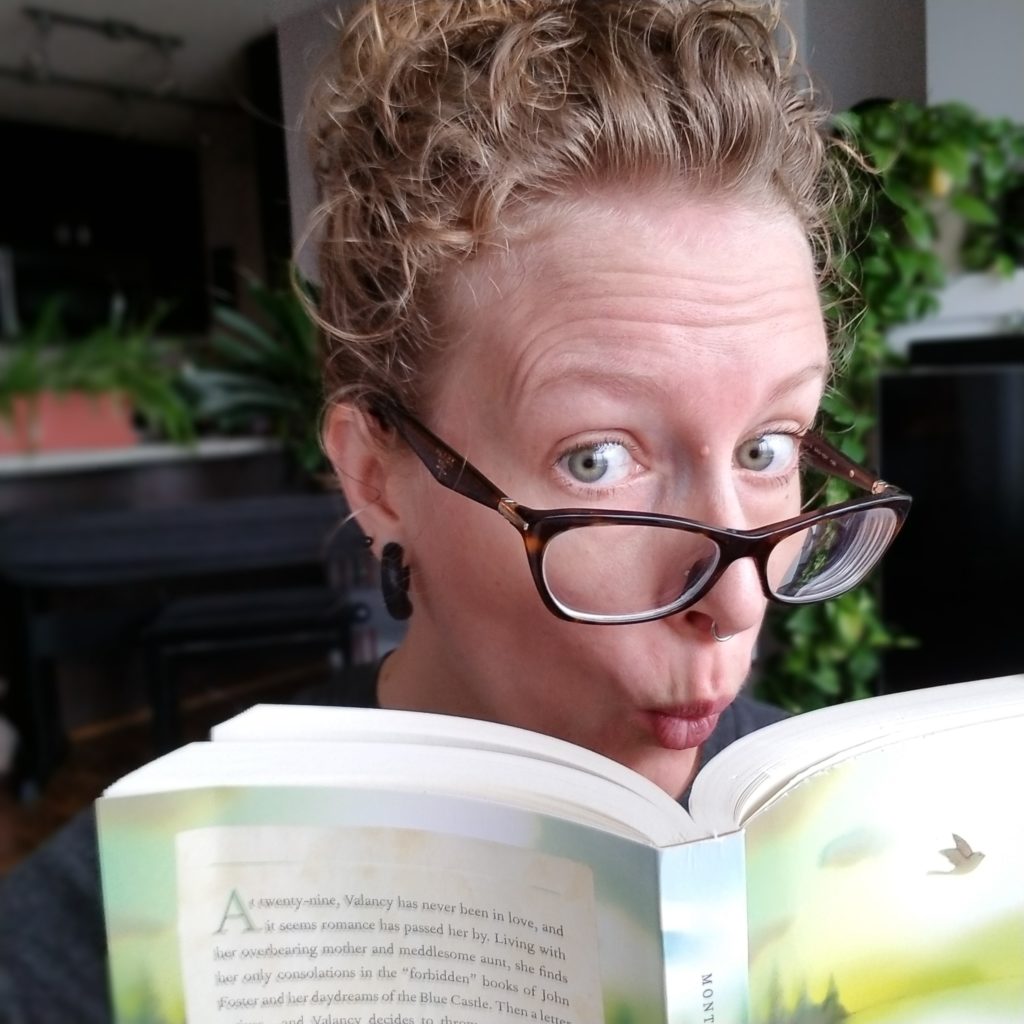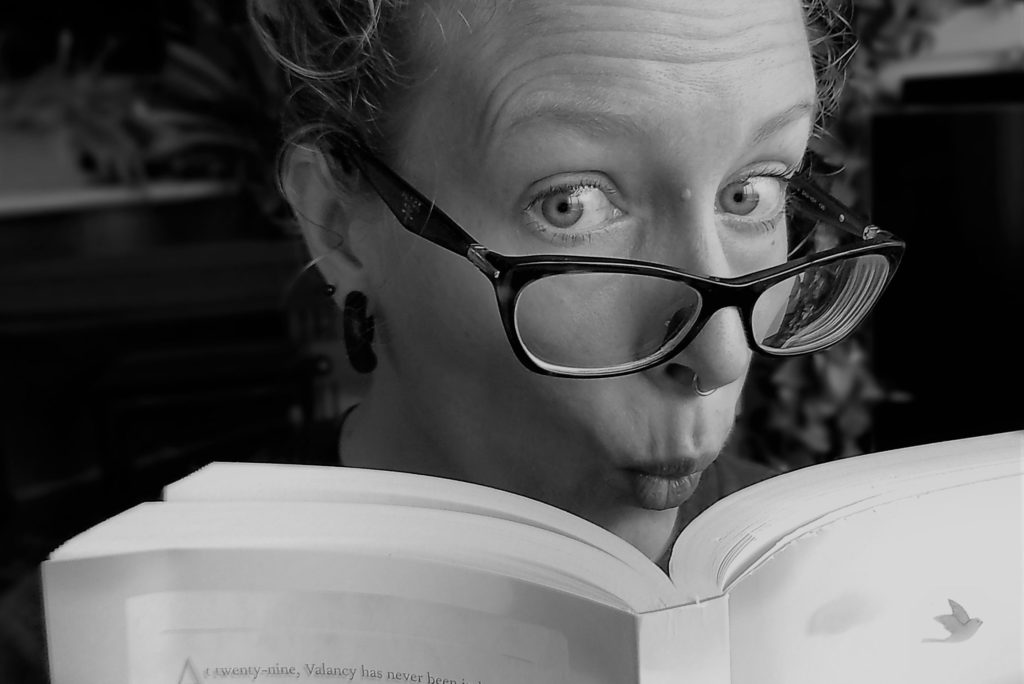
Dear Lisa,
I’m pretty sure I’m overthinking it, but what is a sentence? I know that it has to be a complete thought and that it needs to have both a subject and a predicate, but what does that mean in plain English. Like, what is a complete thought??
Am I even real,
T
Hi T,
You’re definitely not overthinking. Definitions that require definitions are not useful! Plus, I am almost certain if you asked ten people what a complete thought is, at least eight of them wouldn’t have an answer that you could calibrate, so you’re not alone.
The thing to remember is that a sentence is grammatical. If you think about it, as humans, our primary form of communication is (and has always been) spoken. And most people don’t speak in sentences. We speak our thoughts with pauses here and there for emphasis or to check for understanding. It is only really when we write them down that we start thinking about where sentences begin and end.
If you want to see this process in action, transcribe a bit of an audiobook, then compare your transcription with the author’s print version. Chances are your transcript of the simple sentences will match. But when it comes to breaking up complex sentences or intentional sentence fragments, you probably made different choices than the author. And both of you are likely correct.
The main point is that most people have a pretty good intuitive sense of when a sentence starts and finishes, even if they can’t define what they’ve done. But you’re here for the grammar, so let’s jump in.
What is a sentence?
The definition you’ve heard is correct: A sentence is a bunch of words connected to a subject and its verb that express a complete thought. But each of these criteria have specific grammatical meanings. Bear with me when I get a little technical.
What is a subject?
The subject of the sentence is the entity doing the main action in the sentence. I say entity, because it could be any noun (living being, place, thing, or concept). Nouns are recognizable in that they can be plural or singular, they are often preceded by small words like “the,” “a,” “my,” “some,” etc, The cat, my friends, the library, their book, and science fiction can all be subjects. The subject of a sentence is usually found near the beginning of the sentence, right before the verb:
- The cat sat on the keyboard.
- My friend likes to write.
- The library is closed.
- Their book fell in the bathtub.
- Science fiction is my favourite genre.
Keep in mind that the subject is rarely the only noun in the sentence. In the sentences above, the keyboard, the bathtub, and genre are also nouns. What makes it the subject of the sentence is that it is the doer of the main verb.
What is a verb?
A verb is often described as an action word, but the action can also be a state of being. They are usually found next to the subject. Verbs can change tense (I am, I was, I will be, etc.) and often change forms depending on the subject (as in I am, you are, she is, etc,.) Another way to be sure you’re looking at a verb is that you can usually put the word “to” in front of the original form of a verb, and it will work (to be, to walk, to think, etc.).
Here are the same sentences with the verb in bold:
- The cat sat on the keyboard. (To sit, past tense)
- My friend likes to write. (To like, present tense)
- The library is closed. (To be, present tense)
- Their book fell in the bathtub. (To fall, in past tense)
- Science fiction was my favourite genre. (To be, past tense)
There can also be other verbs hidden in these sentences that aren’t the main verb. For example, “to write” is a verb, but it is in its original form, so it isn’t the main action.
Subjects and verbs in sentences
Without the subject or the verb, the sentences don’t make sense. Let’s look at a sentence without a subject:
- Sat on the keyboard.
Your immediate thought is, who sat on the keyboard? Without the subject, it is confusing who is doing the action and the reader has to ask for clarification. Now the same sentence without the verb:
- The cat on the keyboard.
This phrase is slightly less confusing. Depending on what comes before it, in dialogue say, a character could reply with this and it would make sense. But by itself, it makes you ask, the cat on the keyboard did what? which leads very nicely into the complete thought.
What is a complete thought?
Interestingly, these verbless and subject-less examples give us an inkling of what it means when we say that a sentence is a complete thought: if the reader has to clarify who you’re talking about or what they did, the sentence isn’t a complete thought.
But wait, there’s more! Along with the who and the what, a complete thought has a couple more criteria. The first is that all the required words are present. Let’s compare two examples:
- The cat sat.
- The cat sat on.
Sentence number one is a complete thought because “to sit” is an intransitive verb, which means it doesn’t need anything after it. So, “The cat sat.” is a sentence.
Sentence number two is not a complete thought because “to sit on” is a transitive phrasal verb, which means it needs an object answering “on what?” after it. So, “The cat sat on.” is not a sentence.
The last criteria for a complete thought is that if the sentence is a dependent clause, it must be completed by an independent clause. For example:
- When the cat is sitting.
Even though “The cat is sitting.” would be a complete sentence, the addition of “when” makes it incomplete. “When” tells us that the sitting cat means something. For the thought to be complete, the author must tell us what it means.
- When the cat is sitting, she is irritated.
This is a complete thought. What does it mean when the cat is sitting? She is irritated. A dependent clause by itself is not a complete thought. It requires the addition of the independent clause to express the whole idea.
A thought on thoughts
To summarize, it helps to differentiate thought, as in the thing that shows up in your brain when you think, from a grammatical thought, which is: a sentence with a subject, a noun, all the words required to complete both, and all the required clauses.
I realize this is pretty nebulous when we talk about it technically. If you start to feel like nothing is real, imagine what would happen naturally in a conversation. If you missed the subject or the verb, the listener would automatically say, who? or, did what? If you didn’t complete the phrase, they would say, sat on what? And finally, if you leave them hanging with a dependent clause, the person would say, hey, you didn’t finish your sentence.
It’s fun to dive into the grammar sometimes, but be kind to yourself. You know what you’re doing!




